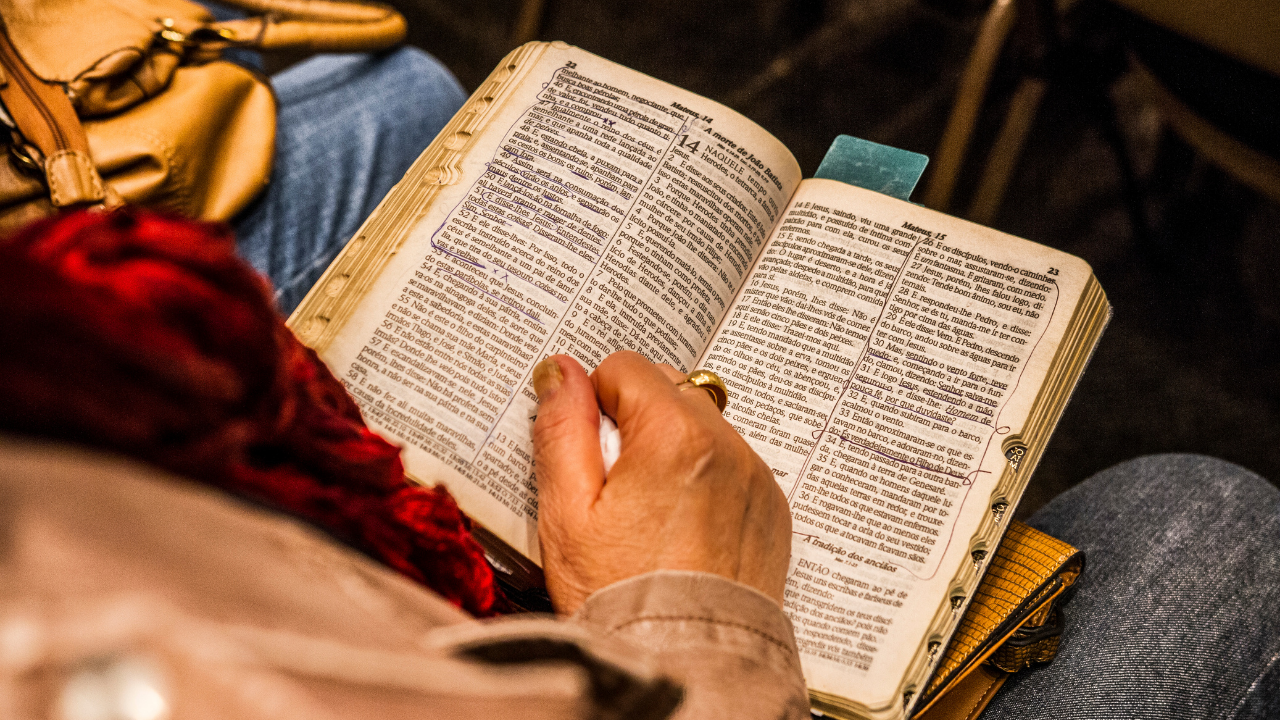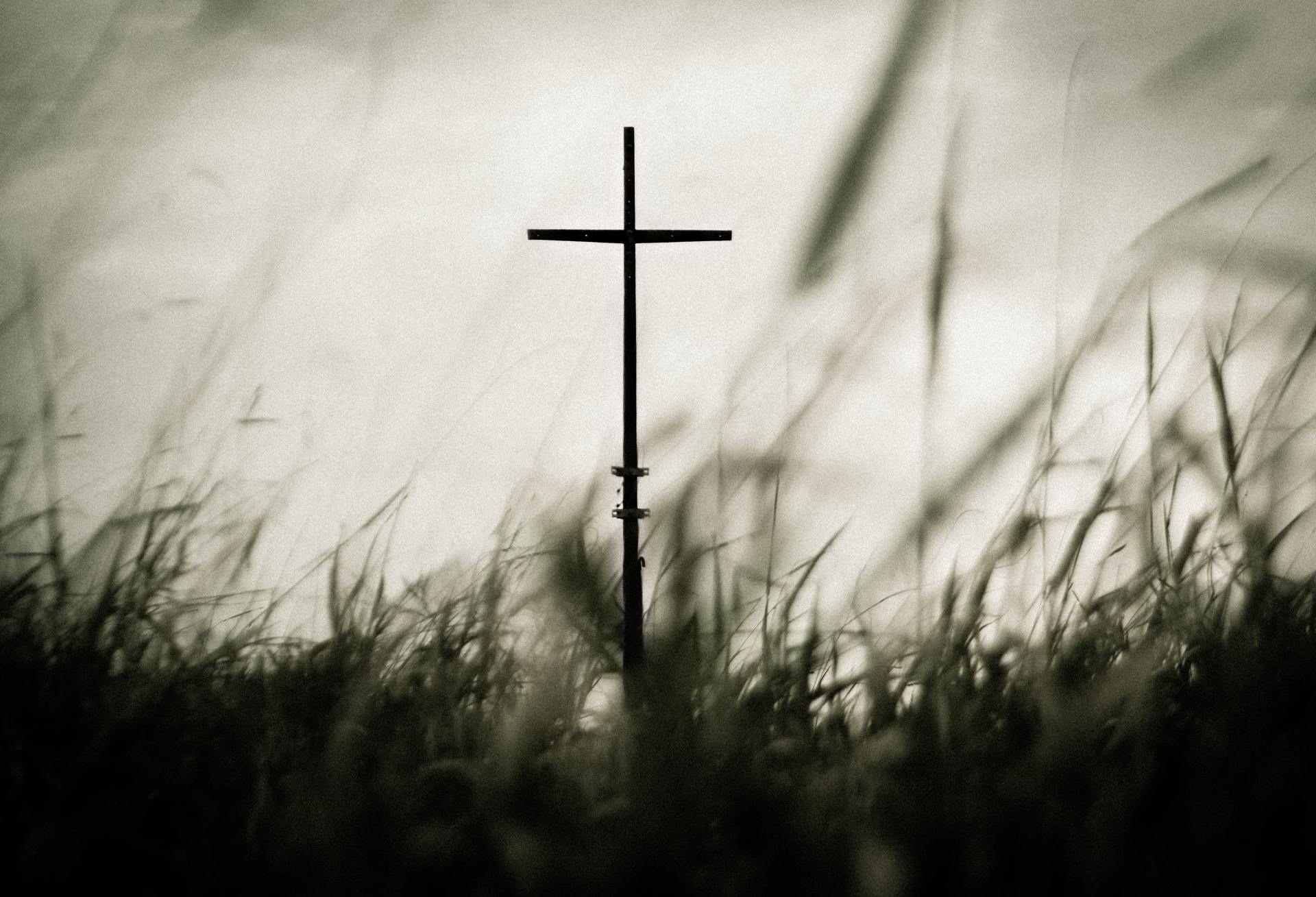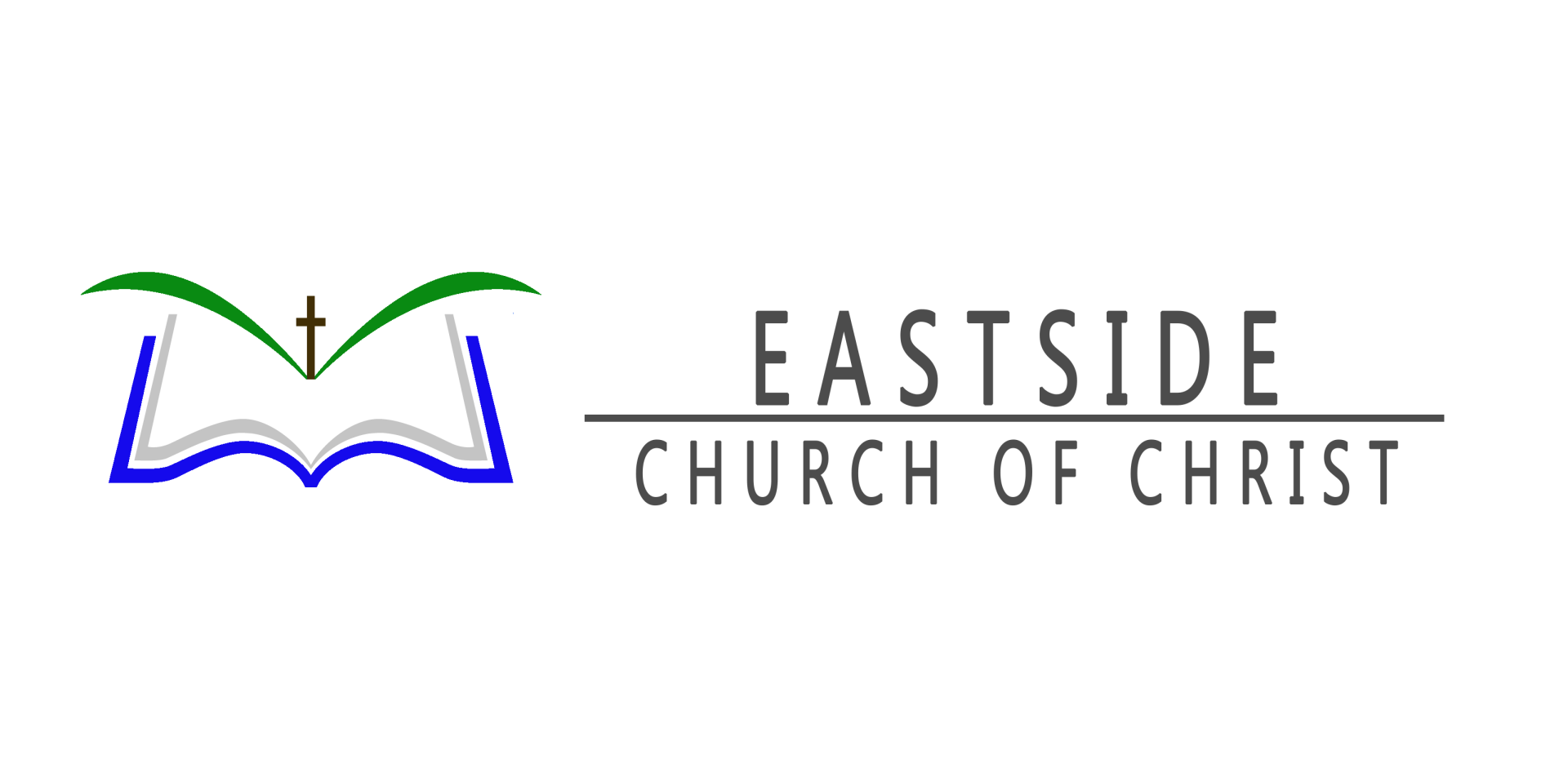Why Does The Church of Christ Only Use A Capella Music
August 3, 2015
Kenneth Drew
What Is A Cappella Music?

One of our readers recently wrote asking that we explain what is meant when it is stated that churches of Christ use only a cappella music. This is an excellent question and we are happy to respond.
The phrase a cappella derives from a Latin expression which, by way of Italian, means “in the style of the church,” or “as is done in the church.” It reflects the historical reality that instrumental music in Christian worship was not practiced in the Christian movement for many centuries, and that the rather late introduction of it constitutes an innovation void of New Testament authority.
Professor Everett Ferguson, one of the premier historians of church history, has noted that the non-use of the instrument in worship was the “majority tradition of Christian history” until “comparatively recent times” (83).
Between 1708-22, Joseph Bingham,
an Anglican cleric, produced his magnificent ten-volume work titled, The Antiquities of the Christian Church, a prodigious effort that required twenty years in composition. The Oxford Dictionary of the Christian Church depicts this work as that which “has not been superseded” (Cross, 173). Regarding the use of instrumental music in church worship, the celebrated English scholar wrote:
Music in churches is as ancient as the apostles, but instrumental music not so: for it is now generally agreed by learned men, that the use of organs came into the church since the time of Thomas Aquinas, anno 1250. For he in his Sums has these words, “Our church does not use musical instruments, as harps and psalteries, to praise God withal, that she may not seem to judaize” (I.315).
He then catalogs considerable testimony from ancient writers of the post-apostolic age to sustain the point.
There is scarcely any controversy regarding this historical matter. In their massive, twelve-volume Cyclopedia of Biblical, Theological, and Ecclesiastical Literature (1876), John McClintock
and James Strong
(denominational scholars) noted:
The Greeks as well as the Jews were known to use instruments as accompaniments in their sacred songs. The converts to Christianity accordingly must have been familiar with this mode of singing; yet it is generally believed that the primitive Christians failed to adopt the use of instrumental music in their religious worship.
These scholars further noted that: “The general introduction of instrumental music can certainly not be assigned to a date earlier than the 5th and 6th centuries [A.D.]” (VI.759).
They also observed that the early reformers, e.g., Martin Luther, and also Calvin
and Knox
(Presbyterians), protested against the use of instruments. The same could be said of Clarke (Methodist) and Spurgeon (Baptist). The men were the leaders of their respective movements.
In my library I have a volume titled Instrumental Music in Public Worship. It was written by John L. Girardeau, a professor at Columbia Theological Seminary (a Presbyterian institution). The book was published first in 1888. This little volume of 208 pages was delivered initially as a series of lectures that had been requested by some of the seminary students. A dear lady who heard one of Girardeau’s lectures offered to have them published at her expense so that the evidence might stand as a “testimony to the truth.”
Girardeau argued :
A divine warrant is necessary for every element of doctrine, government and worship in the church; that is, whatsoever in these spheres is not commanded in the Scriptures, either expressly or by good and necessary consequence from their statements is forbidden (9; emp. original).
The professor contended that the evidence shows that instrumental music was not commonly used in churches “until the thirteenth century” (156).
In 1965
James W. McKinnon
prepared a dissertation at Columbia University on “The Church Fathers and Musical Instruments.” In this exhaustive document, McKinnon contended that “early Christian music was vocal” and there was a "patristic [the “church fathers”] polemic against instruments" (1-2; quoted in Bales, 351-352).
The truth is there is no authority in the New Testament for the use of instrumental music in Christian worship — neither command, precedent, nor necessary implication. This is so elementary that it is like rehearsing one’s ABCs all over again.
In view of this it is both shocking and disheartening that so many who profess an allegiance to Jesus Christ, and his New Testament revelation, have incorporated the use of mechanical instruments into their worship. As Christ once said of his contemporaries:
These people honor me with their lips; but their heart is far from me. In vain do they worship me, teaching as their doctrines the precepts of men (Matthew 15:8-9).
Eastside Church of Christ Blog
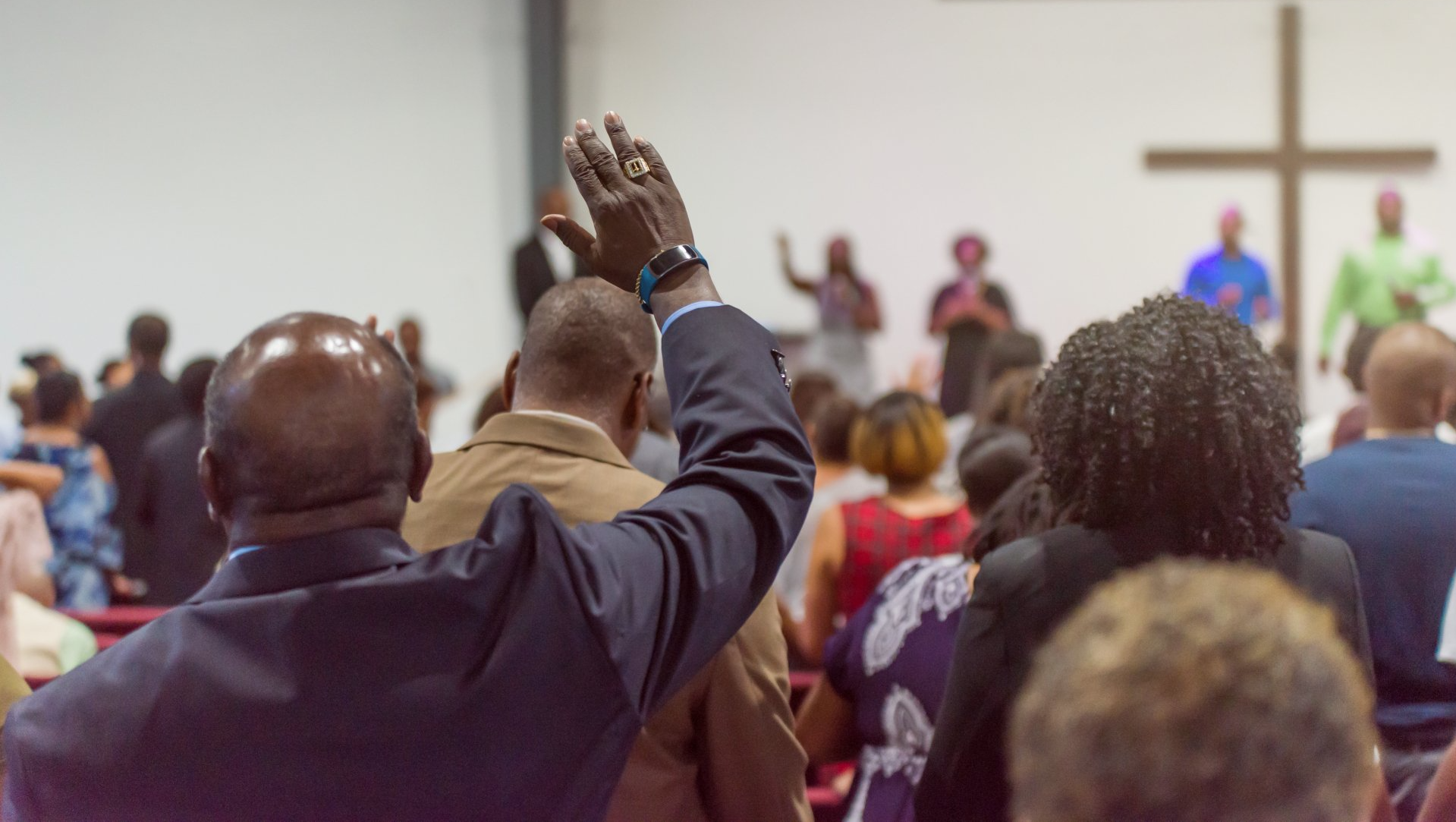
Cor. 12:27-28 'Now' ye are the body of Christ, and members in particular. And God hath set some in the 'church'.....ISN'T THE BODY THE CHURCH AND THE CHURCH THE BODY? If that is the case , the 'body of Christ,' is the same as the 'church of Christ.' I see it in these two verses do you? Paul called the body of Christ , the church, therefore it is the church of Christ.
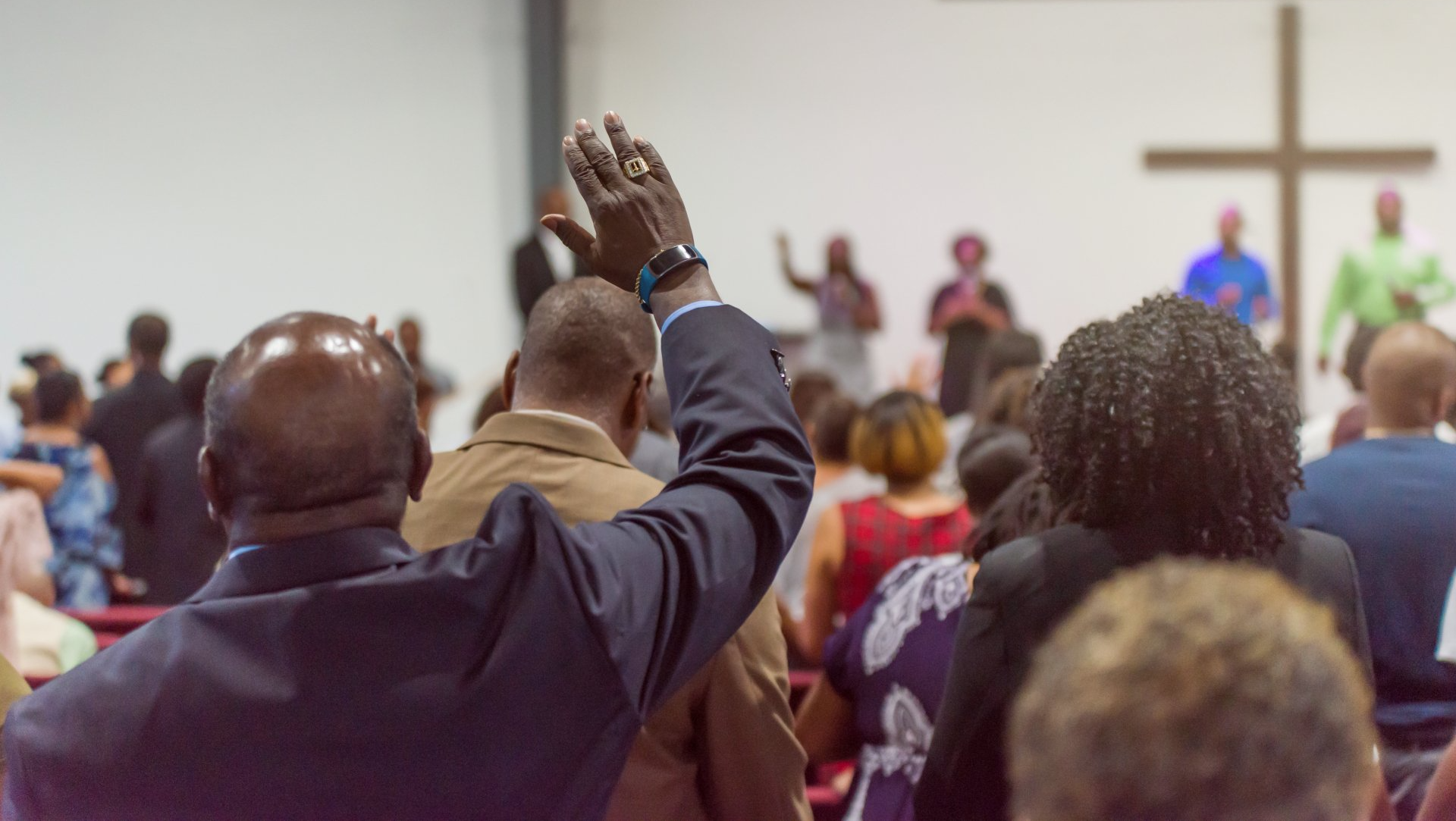
From about 1000 AD in England, Christians called by their enemies derogatory terms such as Waldensian, Lollard, Pelagian and Anabaptist, who baptised believers for the remission of sins by immersion upon confession, have been active in Great Britain and even earlier in Europe. They called themselves Christians and the church - The Church of Christ, having met continuously to join in fellowship with the Restoration Movement in the 1840s.

